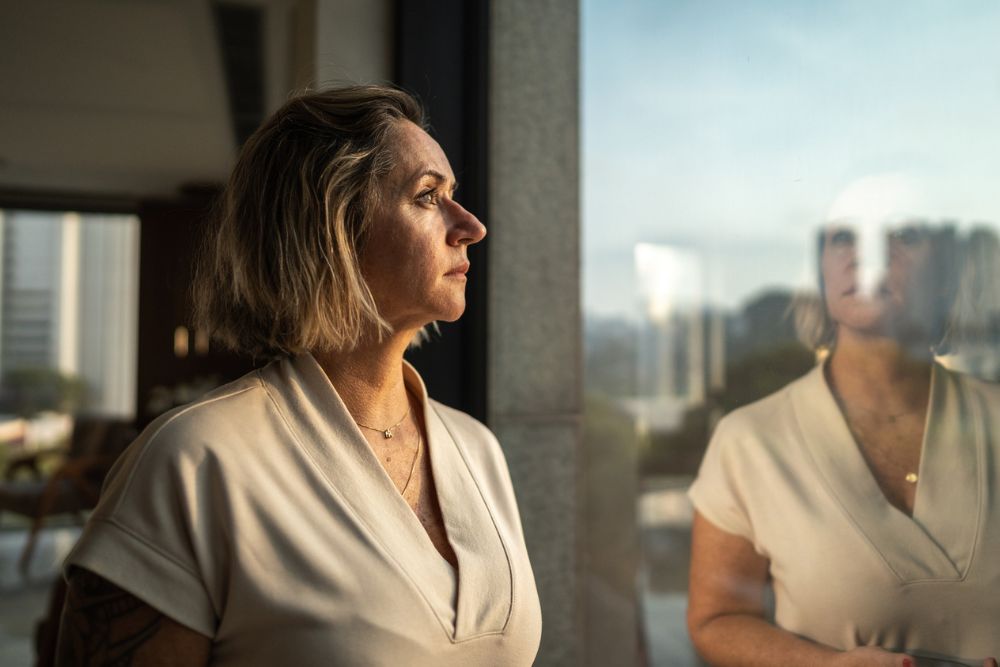When you think about the key parts of treatment for substance use disorders, detox and rehab probably come to mind right away.
And that makes sense. After all, medically supervised detoxification is what allows a person with a substance use disorder to safely reclaim their sobriety. And rehabilitation—including group and individual therapy—is the part of the treatment process during which a person learns strategies for staying sober over time. It is also the part of the process that includes addressing co-occurring mental health disorders, which can be tangled up with a substance use disorder in all kinds of ways.
So, yes, detox and rehab are important—essential—to the treatment process. But there is a third part of the process that is every bit as important.
At Bel Aire Recovery Center, we call this part of the process the continuum of care (or aftercare).
Breaking Down the Details of the Continuum of Care
When residential treatment comes to an end, the recovery journey is just getting underway. That moment can be extremely challenging for the newly sober person who is returning to their day-to-day life. A person might be understandably concerned that they simply will not be able to stay sober.
That is where the continuum of care comes in. When you leave residential treatment, you can continue to count on support from Bel Aire Recovery Center.
Our approach to aftercare includes (but is not limited to) connecting our alums to:
- Intensive outpatient counseling
- Private therapists for ongoing mental health care
- Local recovery groups like AA/NA, Celebrate Recovery, and Smart Recovery
- Sober living environments
- Other supportive resources in their home community
These aspects of aftercare are anything but afterthoughts. We are thinking about the details of the continuum of care from the moment a person comes to us for substance use disorder treatment.
We Also Offer the CaredFor App
If you are like most people, you probably have a whole lot of apps on your phone—some that you use regularly, some that you use once in a while, and some that you never use at all. When you leave Bel Aire Recovery Center’s residential program, you will add the CaredFor app to your phone’s collection—and unlike a lot of apps, this one can truly make a difference in the early days of your recovery journey and beyond.
CaredFor is a secure, online platform that allows Bel Aire alumni to connect, engage, and support one another. At the same time, the app also keeps you connected to Bel Aire Recovery Center. Alumni use a personalized dashboard to track their sobriety time, discover articles and other resource material, and get support from recovery experts—including those at Bel Aire Recovery Center.
This dual purpose—keeping alums connected to one another and to Bel Aire—is what makes the CaredFor app so powerful. It provides users with access to peer support and to support from recovery professionals—both of which bolster ongoing sobriety.
The Risk of Relapse is Real
Our continuum of care is certainly designed to lessen the risk of relapse as your recovery journey gets underway. But the risk of relapse is always present, and it is important to know what to do if you experience one—whether early in your recovery or after you have been sober for a significant period of time.
No matter when a relapse occurs, your response should be the same. Get yourself back into treatment. Detoxification will allow you to get sober again. Rehabilitation will allow you to finetune your approaches to maintain your sobriety. And the continuum of care will allow you to restart your recovery journey knowing that you are not alone.
We are Ready to Help Right Now
We have devoted most of this blog entry to discussing our continuum of care—the part of the treatment journey that starts when residential treatment ends. But you might be reading this while actively struggling with drugs or alcohol. If that is the case, we want to encourage you to get into treatment right away. We can help you get to the continuum of care by seeing you through detoxification and rehabilitation.
When you pursue substance use disorder at treatment at Bel Aire Recovery Center—located near Wichita, Kansas—you can count on personalized care. We are committed to evidence-based practices supported by our expertise, experience, and empathy.
It might seem like there is no solution that can help you reclaim your sobriety. But fortunately, that is not true. If drugs or alcohol are upending your life, the time to get help is always right away. And the place to get help is Bel Aire Recovery Center.




